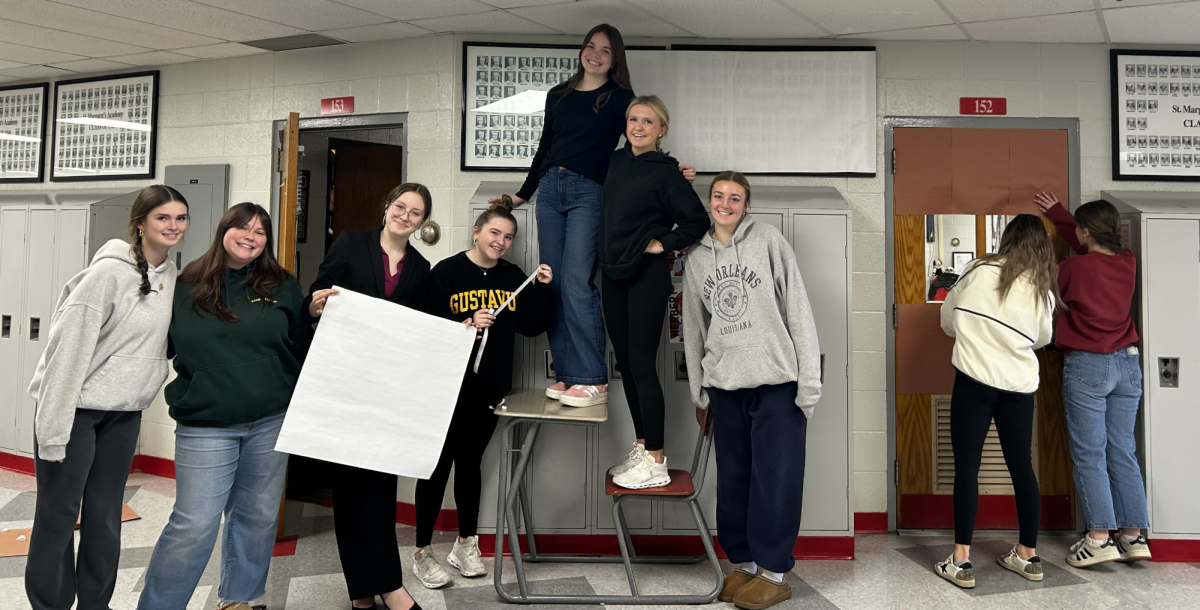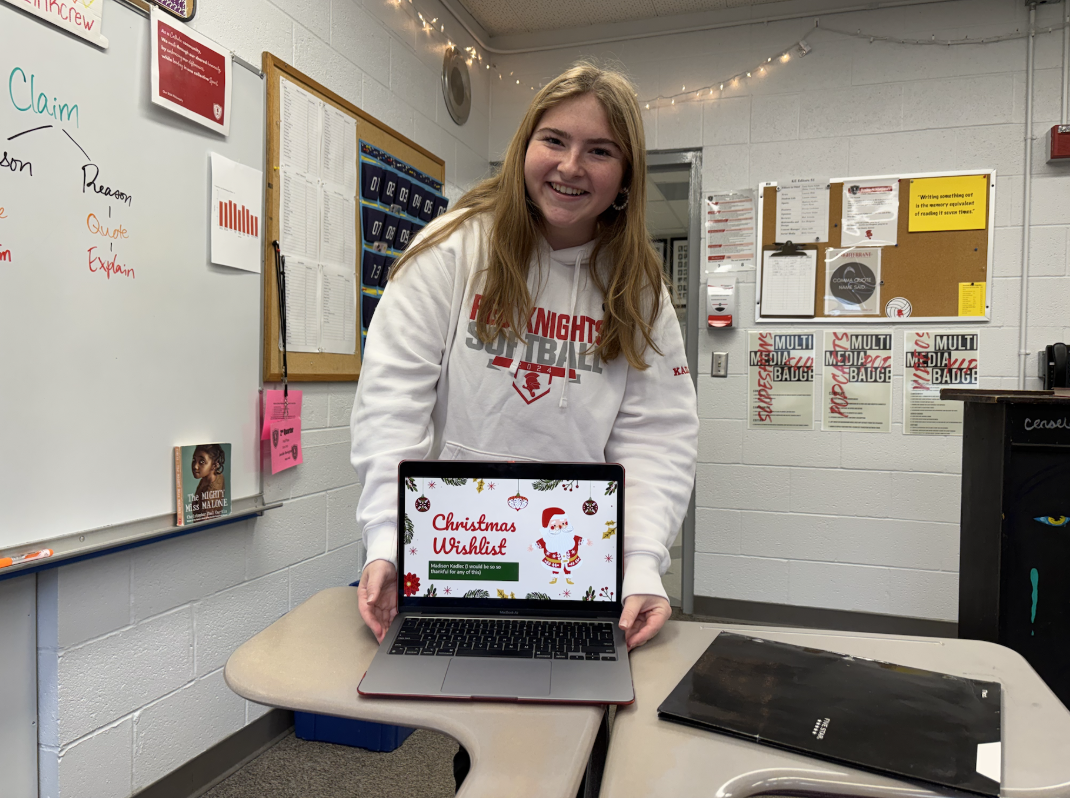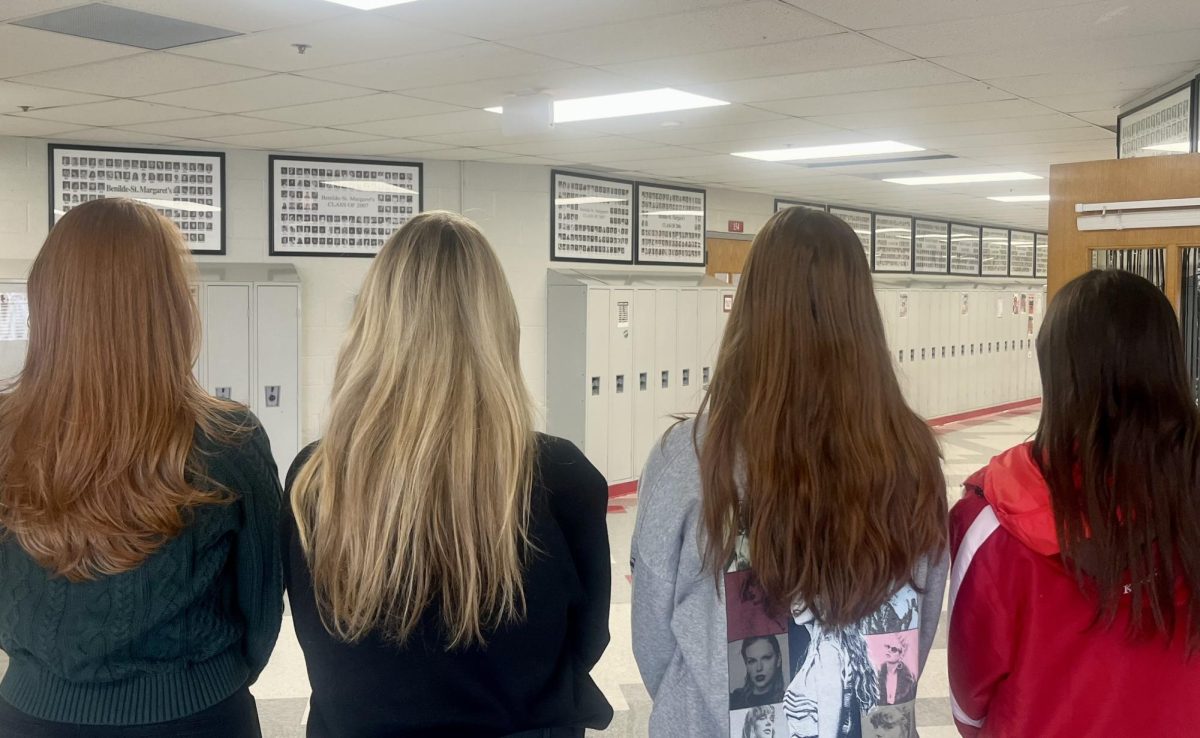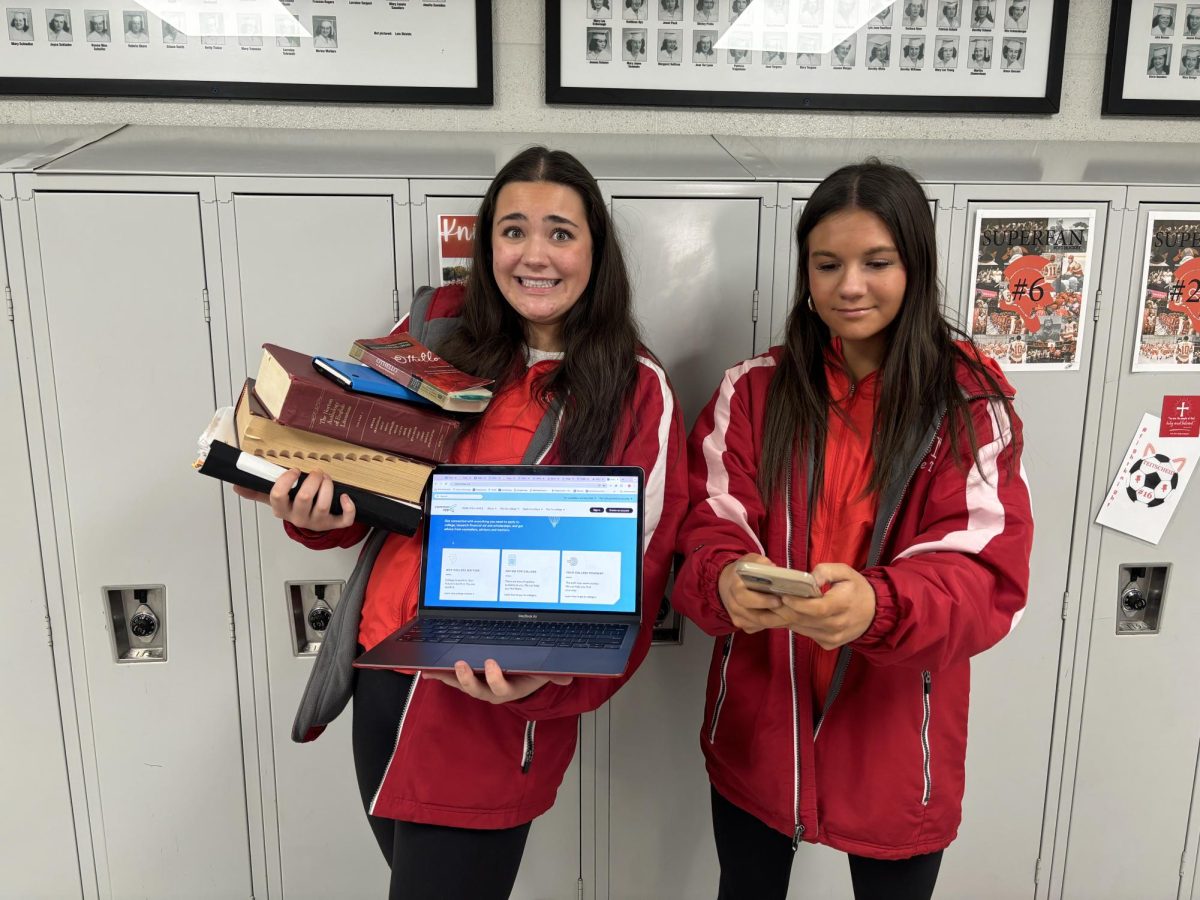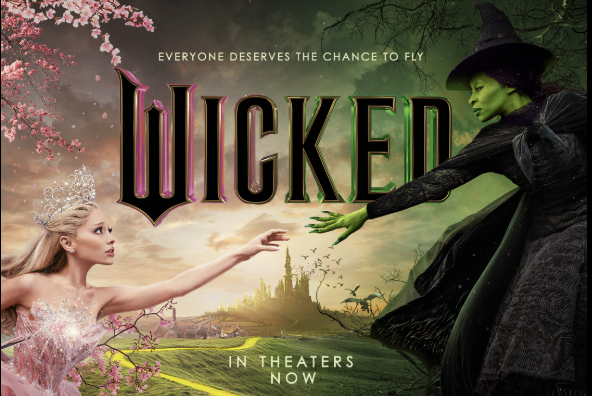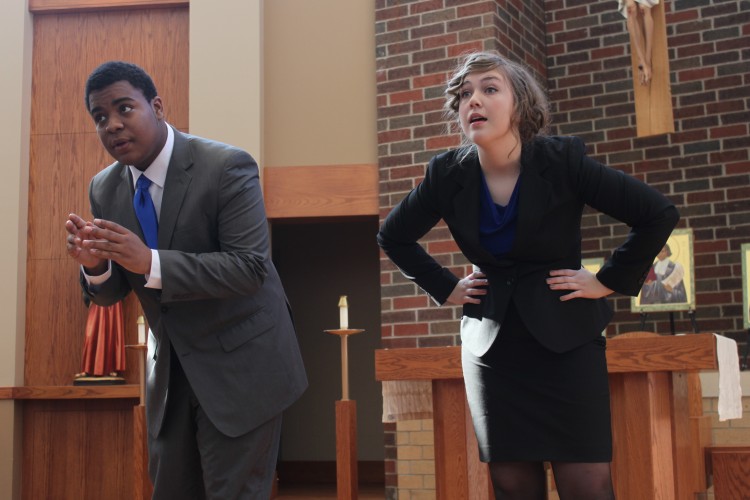I joined the speech team my freshman year after being talked into it by upperclassmen, and it has since been the most rewarding and the most frustrating experience of my high school career. After two years of doing okay and four months this year revising my content, rehearsing my delivery, and twelve-hour Saturday invitationals, it is incredibly rewarding to be competing in the state tournament today.
The AA state tournament, which is at Blaine High School, includes three students (who placed in the top of their sections) from each section in the state in all 13 categories; it, like all standard speech tournaments, will include three preliminary rounds and a final. Representing BSM are seniors Adam Bamonti (in the category Discussion), Catherine Cole (Extemporaneous Speaking), Liza Magill (Extemporaneous Speaking), and Elle Scott (Great Speeches), juniors Sage Fulco (Poetry), Sam Letscher (Great Speeches), and me (Original Oratory), sophomore Mary Pat Ross (Informative), and seventh grader Izzy Rossiter (Humorous Interpretation).
Our team also won the section title. “Our section is extremely competitive, so it is a huge honor to take home the trophy three years in a row. I am completely delighted to send nine students to state,” head coach Maura Brew said.
Due to the size and talent of competition at sections, making it to the state tournament is an achievement on its own. “This is the first year I’m going to state, and I’m super excited because it’s a good culmination of all the hard work I’ve put in during the season,” Letscher said.
Making it to the state tournament can be credited to my exponetial improvement over the seasons, and this growth, which is common among team members is key. “What pushed me to keep doing it was my improvement over the years. The first two years I didn’t break very much, and I wasn’t in a category that I really enjoyed. Junior year I started a category that was a perfect fit to my strengths, had a speech that I genuinely loved to give, on a topic that I was super interested in, and I made finals almost every week which made it so much more fun,” captain Scott said.
Speech team members practice one-on-one with a coach for an hour each week. “I love the one-on-one coaching because you really get to develop a relationship with the coach, and it’s easy to be productive during practice because your primary coach knows your weaknesses pretty well and knows how to help you succeed,” Letscher said.
“It helps in that there is one person that knows how your piece has developed and knows how to make it better on the competitive field,” junior Matt Brinza said.
Beyond building relationships with coaches, we also grow in relationships as a team. “We spend all of our Saturdays with one another; we see each other at our best and worst. At this point we’re able to get through just about anything. Because every person is so great, when we come together as a community it’s a wonderful melting pot,” sophomore Parker Breza said.
The community includes completely different types of people due to the combination of acting and public address categories, as well as people from every grade because it doesn’t separate into levels. “It’s given me the opportunity to meet and look up to many upperclassmen that I probably would have never gotten to know without speech. Last year, it was really cool for me to be friends with senior highers because I was the only seventh grader on the team,” eighth grader Josie Ross said.
“It’s a team activity in the sense that when one of us breaks we all get excited and can’t wait to see them in their final round. However we are competing against our teammates within our respective categories so there must be some desire to succeed on your own as well as a team,” sophomore Jackie Lawyer said.
The individual aspect of the activity is huge; the time I have put in outside of my mandated practises this year has made the difference in how well I have performed in tournaments. “Only you can determine whether you do well or not, whether you break or not, which can be really great when you do well, or really frustrating when you don’t,” Scott said.
Personally, the most diffucult aspect of speech is the subjective judging. There is nothing more frustrating than thinking my performance was great and being ranked last by the judge in that round. “You never know if a judge is going to respond well to your piece; sometimes one judge will love you and the next will hate you. It’s hard to improve when you’re getting mixed signals,” Letscher said.
“It’s tough because there are some bad judges [at invitationals], so you’re given a bad rank/critique because the judge doesn’t really know what they’re talking about,” Brinza said.
More success for the team came early March when senior Catherine Cole qualified for the national tournament this summer in Birmingham Alabama in Extemporaneous Speaking. “Catherine is talented enough that I could see her achieving a lot at nationals and going very far,” Ms. Brew said.








